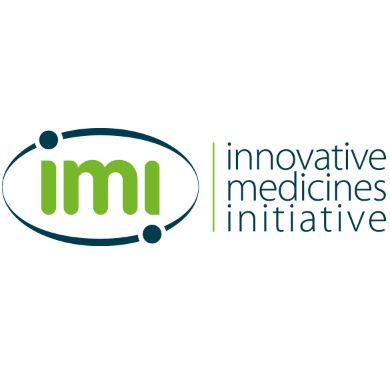
Optimising future obesity treatment - IMI2-2019-17-01
Deadline: Nov 7, 2019
CALL EXPIRED
CALL EXPIRED
Innovation
Health Care
IT
Horizon Europe
Biology
Research
Mental health
Specific Challenge:
The prevalence of obesity is increasing and affects more than 650 million people of all ages to become one of the foremost global health threats. Obesity is complex and we only have a crude understanding of its underlying causes and biology, how to best describe and define it. Currently we have no way of predicting who will respond to or benefit from what kind of treatment or intervention.
Obesity can seriously impair health through a broad range of complications such as cardiovascular disease, type 1 and 2 diabetes (T1D and T2D), cancer, musculoskeletal disorders, psychosocial imbalances, and reduced quality of life, and impacts the treatment of other conditions.
There is therefore a need to better understand obesity and define clinically meaningful and relevant subgroups as a premise for optimising future prevention and treatment of obesity and its complications.
For complete information please see the IMI2 Call 17 topic text.
Scope:
The overall aim is to identify pathophysiologically and clinically meaningful subgroups of obesity that will allow for optimisation of prevention and treatment of obesity and its complications. This will be done by pooling cohorts from observational or interventional studies to establish a federated database with enough clinical phenotyping and multi-omics data for a data-driven stratification of obesity into subgroups. It will also address specifically type 1 diabetes (T1D) and type 2 diabetes (T2D) as examples of conditions in which both clinical phenotype and treatment is influenced by obesity in an intricate manner, including public education about obesity in T1D.
For complete information please see the IMI2 Call 17 topic text.
Expected Impact:
This topic should pave the way for an optimised and more personalised future obesity treatment. Deciphering the heterogeneity of obesity and the potentially differential effect of weight loss and weight maintenance should lead for instance to:
- increased understanding and respect for obesity as a chronic disease entity;
- potential for novel and innovative diagnostics for classification and evaluation of the obesity disease;
- increased potential to contribute to the development of more targeted prevention and lifestyle interventions;
- increased potential to develop targeted delivery of safe and effective treatments to clinically meaningful subgroups of patients with obesity;
- increased understanding of how obesity impacts other diseases as exemplified by impact on incidence, characteristics, treatment, costs, and outcomes of e.g. T1D.
For complete information please see the IMI2 Call 17 topic text.
Public link: Only for registered users
 Innovative Medicines Initiative (IMI)
Innovative Medicines Initiative (IMI)


Please Log In to See This Section